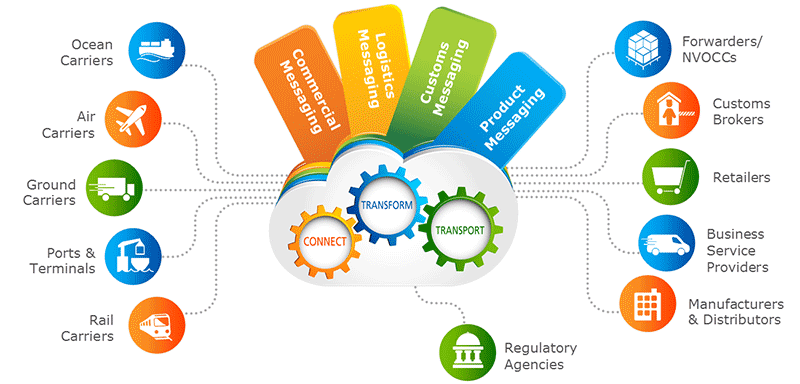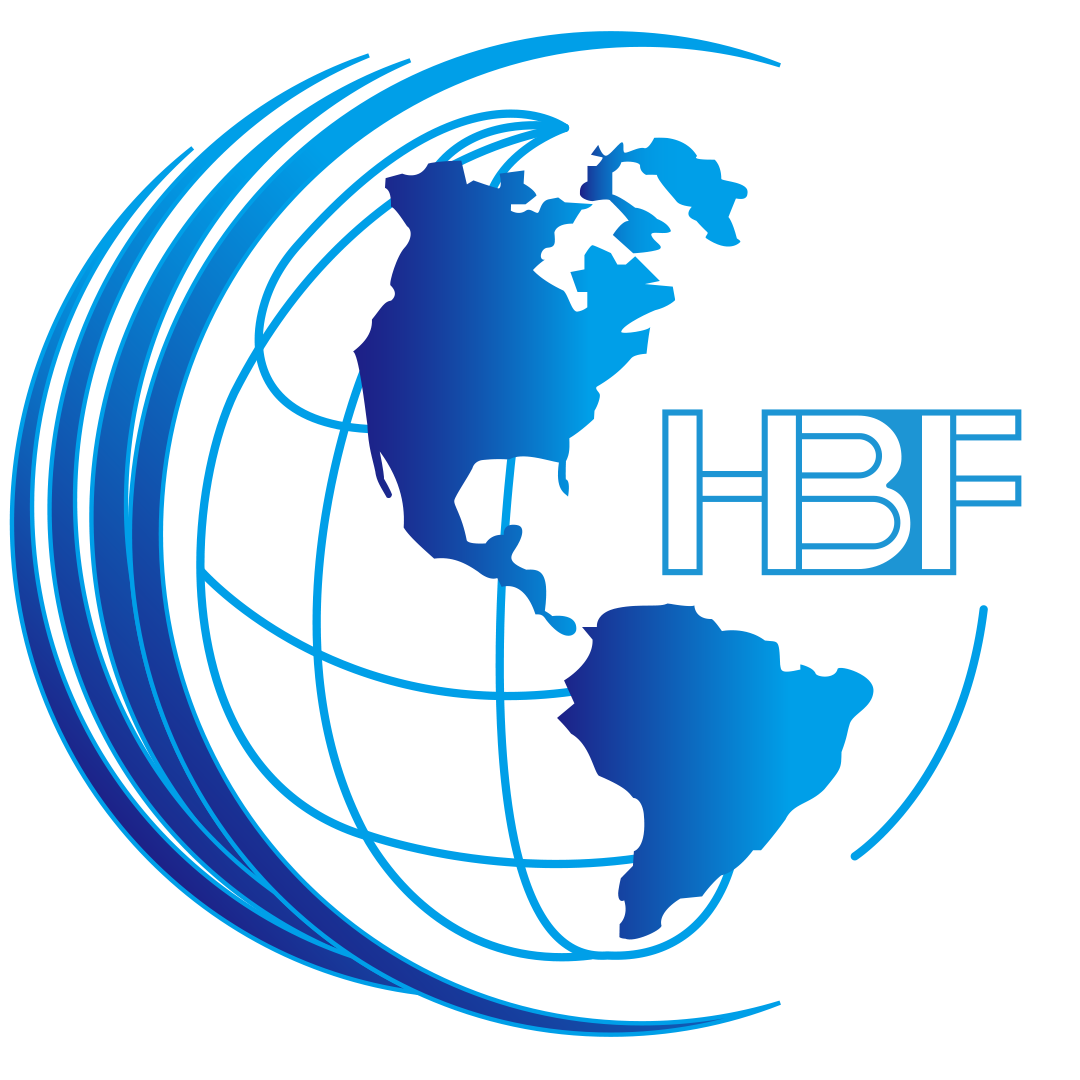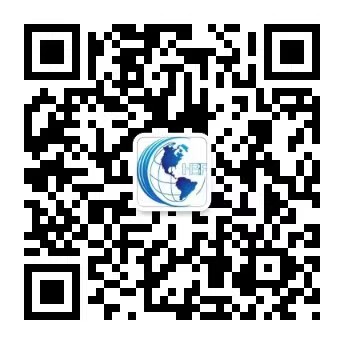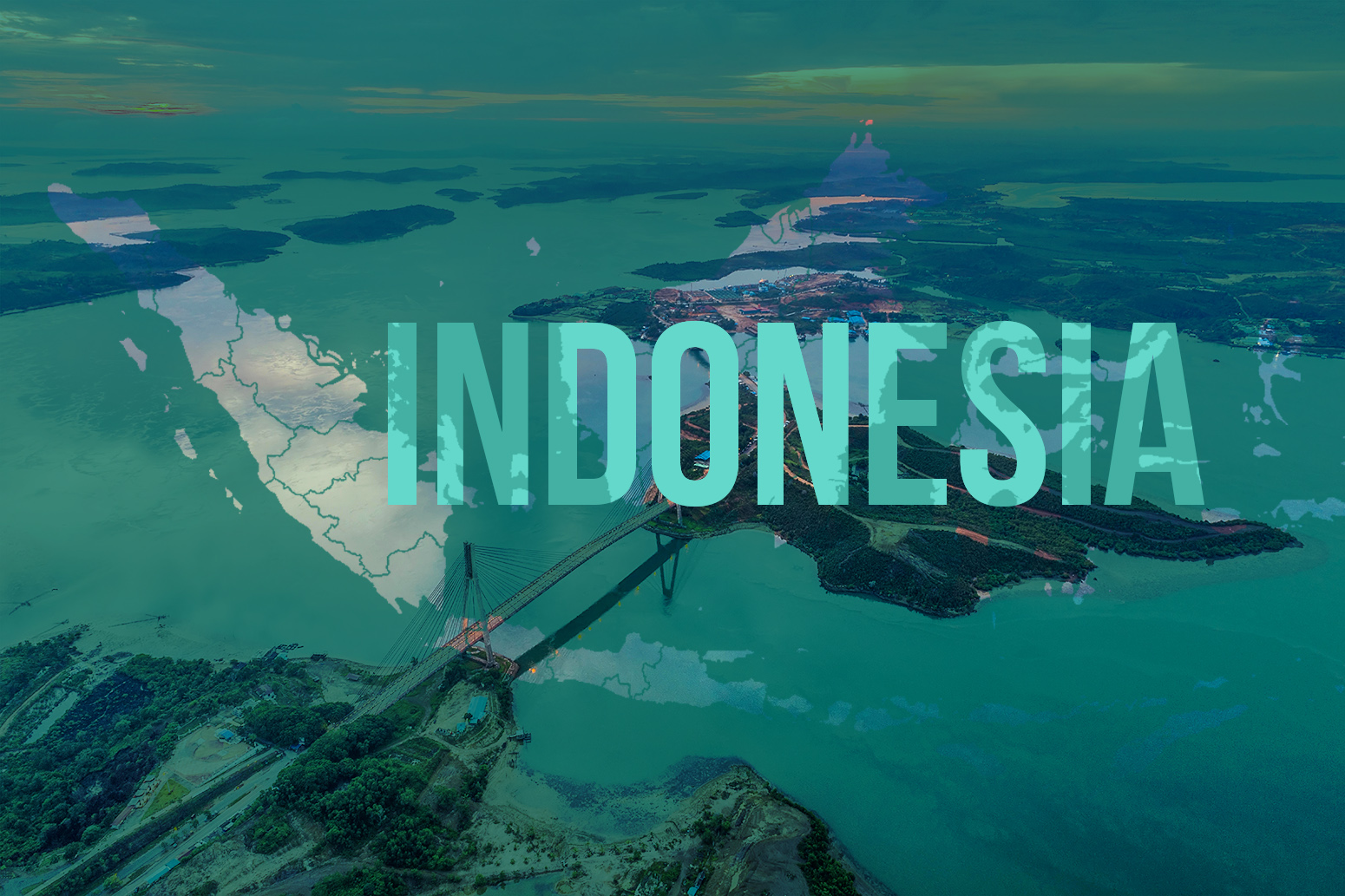中文
En
《印尼BPOM认证全指南:从申请到落地的实战策略与成本解析》
空运知识
发布日期:2025/03/28
印尼BPOM认证深度解析:申请条件、流程、费用与实例分析
一、BPOM认证的核心意义
印尼BPOM认证是进入东南亚最大消费市场的“通行证”,覆盖化妆品、食品、药品、医疗器械等产品。未通过认证的产品无法在印尼合法销售,且可能面临高额罚款或市场禁入风险。根据印尼法规,认证不仅需符合技术标准,还需满足本地化要求(如清真认证、标签语言等),其核心在于确保产品安全性和质量可控性。
二、申请条件与资质要求
申请人资质
- 本地实体要求:申请人必须是印尼注册的制造商、进口商或经销商;外国企业需通过本地代理机构(如进口商或咨询公司)提交申请 。
- 技术负责人(PJT):化妆品类需指定具备药学或相关背景的PJT,负责技术文件审核与合规性监督 。
产品合规性文件
- 技术文件:包括配方表(化妆品)、设计图纸(医疗器械)、性能测试报告(需印尼认可实验室出具)等。例如,化妆品需提供微生物检测报告,医疗器械需提交ISO 13485认证 。
- 生产资质:制造商需持有GMP(化妆品/药品)、HACCP(食品)、ISO 22716(化妆品)等国际认证 。
特殊要求
- 清真认证:自2021年起,化妆品需额外申请Halal认证,缓冲期至2026年。
- 标签规范:所有产品标签需使用印尼语标注功能、成分及警示信息。
三、详细办理流程(以化妆品为例)
案例背景:某中国防晒霜品牌计划进入印尼市场,需完成BPOM认证。
前期准备(1-2个月)
- 市场调研:分析印尼消费者偏好(如防晒指数SPF50+需求)与竞品定价策略。
- 文件公证:
- 国内自由销售证书(CFS)和GMP证书需经印尼驻华使馆公证。
- 委托印尼代理公司签署授权书(LoA) 。
申请提交与审核(3-4个月)
- 线上注册:通过Notifkos系统提交申请,缴纳非东盟产品费用(约685元人民币)。
- 仓库审核:代理公司仓库需通过BPOM检查(储存温度、卫生条件等) 。
- 样品测试:送检至印尼实验室,检测重金属(铅、汞)和微生物指标(如大肠杆菌)。
认证获取与维护
- 获批后获得ML编号,有效期3年;需定期提交市场反馈报告,应对BPOM抽检。
关键挑战:
- 文件翻译误差:技术文件需由专业机构翻译,避免因术语错误导致审核延误。
- 清真认证同步:需协调BPOM与Halal认证机构时间,缩短整体周期。
四、费用与时间概览
| 产品类别 | 费用范围 | 办理周期 | 关键费用项 |
|---|---|---|---|
| 化妆品 | 685元(申请费)+ 代理费(约5000美元) | 3-6个月 | 公证费、实验室测试费 15 68 |
| 医疗器械(Class III) | 1万-5万美元 | 6-9个月 | 技术文件编制、临床试验、现场检查 59 |
| 保健品 | 代理服务费3000-8000美元 | 4-6个月 | GMP认证、标签合规审核 12 |
五、需办理BPOM认证的主要产品
- 化妆品:护肤品、彩妆、口腔护理产品(需清真认证)
- 食品:预包装食品(如饮料、零食),需标注营养成分和保质期
- 医疗器械:分四类风险等级,Class III(如心脏支架)需临床数据
- 消毒产品:需通过成分安全性与杀菌效果测试
六、实例分析:某医疗器械企业的认证策略
案例背景:某中国呼吸机制造商拟进入印尼市场,产品属于Class II(中等风险)。
流程优化:
- 分类确认:根据BPOM标准,呼吸机属Class II,需提交ISO 13485和性能测试报告
- 本地代理合作:选择雅加达代理公司处理文件提交与沟通,缩短响应时间
- 分类确认:根据BPOM标准,呼吸机属Class II,需提交ISO 13485和性能测试报告
成本控制:
- 技术文件外包:委托印尼本地咨询公司编制文件,节省翻译与合规成本(约2000美元)
- 分阶段测试:先在印尼实验室完成电气安全测试,再补充生物兼容性报告,降低一次性支出
- 技术文件外包:委托印尼本地咨询公司编制文件,节省翻译与合规成本(约2000美元)
结果:总耗时5个月,费用2.3万美元,较同类企业节省30%时间。
七、总结
印尼BPOM认证是系统性工程,需结合法规、本地化需求与成本控制策略。企业应优先选择经验丰富的代理机构,提前规划文件准备与测试周期,尤其关注清真认证与标签合规等细节。通过实例分析可见,合理分工与流程优化可显著降低时间与资金成本,助力快速抢占印尼市场。

汇百方国际物流期待您的来电
020-86186029
工作时间:09:00 - 18:00

汇百方国际物流
广州汇百方国际货运代理有限公司@版权所有
粤ICP备17036386
粤ICP备17036386

关注公众号




